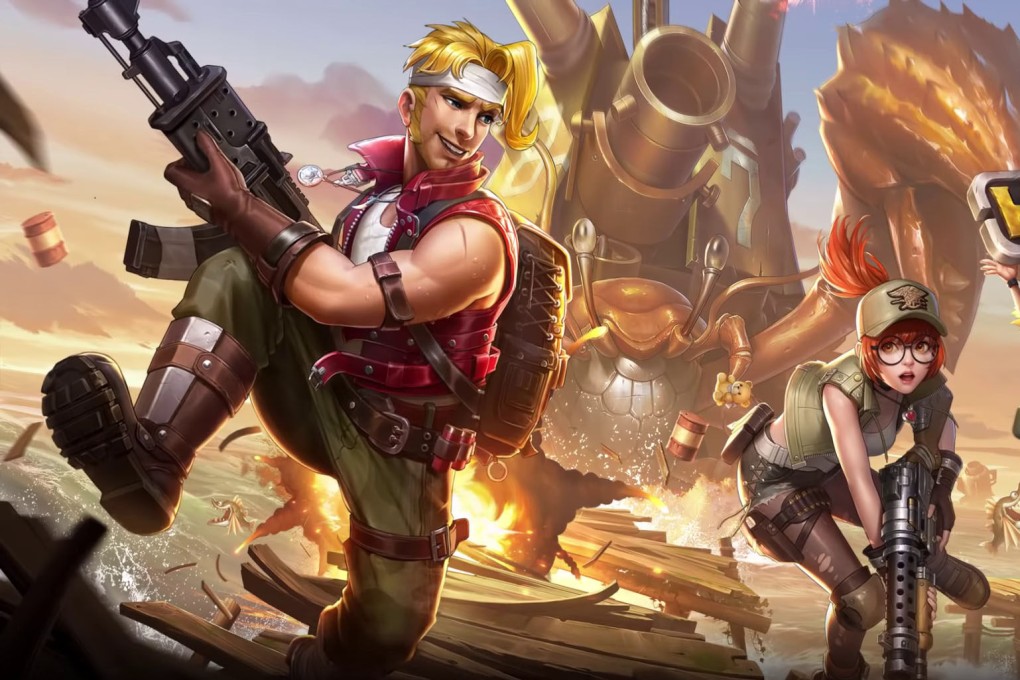Editorial | The right balance for video game industry in China
- China issues licences for new titles after publishers clean up their act and young enthusiasts learn to limit their playing time

People have a love/hate relationship with video games. Parents tend to hate them and children usually love them; and many adults, too. Economies can’t do without them, as the video gaming industry is worth billions. Many prolific players are treated like pop stars.
China has come up with its unique solution. Given its authoritarianism, its method may not be easily replicated elsewhere. But there is no denying that it is working and may even be seen as a compromise between paternalism and gaming enthusiasm.
Chinese authorities have approved 70 licences in November, after granting 73 in September. Following a 17-month drought, internet giant Tencent has finally received its first approval to start selling Metal Slug: Awakening, a run-and-gun title.
NetEase can also start selling its much-anticipated Monkey King’s Odyssey: Returning. That’s good news for the companies, as the licensing freeze has taken a heavy toll on their major source of earnings.
About 18,000 small studios and gaming-related businesses went bust in 2020, 14,000 in the second half of last year. Industry revenue shrank by 19.1 per cent to US$8 billion in the third quarter. Covid-19 pandemic lockdowns and other industry restrictions made it worse.
